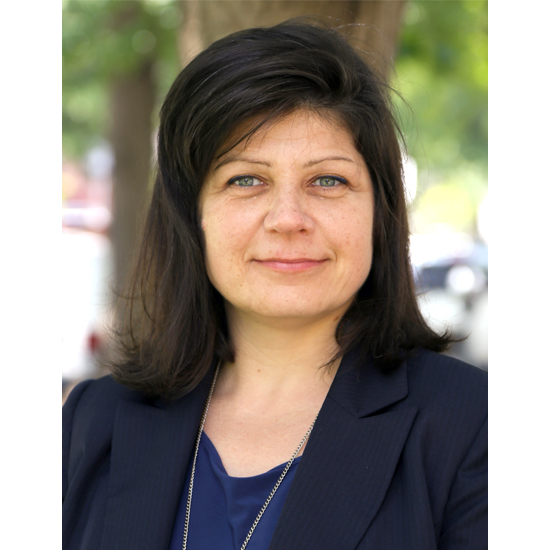
03 Oct HRH2030 Director’s Digest: October 2019
October 2019: Transforming Health Education
Dear Colleagues,
We are smart enough to predict things that will happen, so why can’t we be smarter about taking action today? This sums up one of my favorite tweets issued around the United Nation’s first-ever High-Level Meeting on Universal Health Coverage, the long-awaited global event that pushed UHC onto the global stage last month. It was rewarding to witness world leaders adapt the political declaration on UHC and commit to investing in four major areas around primary healthcare. For HRH2030, we were particularly heartened by the commitments to invest in the health workforce and reinforce governance capacity.
Now that the United Nations General Assembly (UNGA) is over, the hard part begins: Countries must deliver on their UHC promises. Fortunately, governments are not in this alone. Communities, civil society, the private sector, and the global health community—including the health workforce—are already making headway. During UNGA, USAID recognized five successful, innovative partnerships that are increasing access and quality to primary healthcare services through its Inclusive Health Access Prize. These winning examples from Cameroon, India, Nigeria, and Senegal demonstrate how to make primary care more accessible, affordable, and reliable for vulnerable populations. Another exciting announcement—and a prime example of taking action—came from Johnson & Johnson, which announced its Center for Health Worker Innovation, which will focus on supporting and championing frontline health workers across many areas, including learning and development.
Learning and development are the foundations for evidence-informed action. The High-Level Meeting came only after years of health practitioners, researchers, funders, and others learned from mistakes and were able to evaluate what wasn’t working in terms of advancing global health. Our HRH2030 program is grounded in this type of learning and we take care to ensure that we are looking at the health workforce both globally and locally. A few months ago, we learned from dozens of health workers in the Philippines about how they understand or interpret “gender-sensitive communications,” so that we can work together to enhance the provision of equitable family planning services in the Filipino context. Their insights will inform the further dissemination of our Gender Competency Framework for Family Planning Service Providers. We’re also learning from our work in Mali, where we are focusing on how long-established women’s groups can promote family planning and encourage communities to take charge of their own health.
Finally, we’re honored to have been recognized this month as a winner in USAID’s 2019 Collaborating, Learning and Adapting (CLA) case competition—an award that acknowledges our commitment to organizational learning and better development outcomes.
We understand there is much more learning ahead for all of us as our collective community moves forward to deliver on the UHC promise. We look forward to sharing more with you on how HRH2030 is supporting the health workforce in these efforts in the coming months.
Warm regards,
Wanda Jaskiewicz
Project Director, HRH2030






